Learning from experiences at the end of life: Expanded notions of care for all transitions of life
Learning from experiences at the end of life holds great promise for designing co-creative approaches to expanded notions of care. How might we effectively mediate confrontations with mortality in ways that address, and ideally collapse, the distances often created around dying? These distances can be geographic, physical, psychological, emotional, and social. In many cultures today, privacy is often conflated with marginalization–othering– and thus removes the dying person from social exchange, resulting in their loss of dignity and limiting their existence to the status of a patient and a body in decline. COVID-19 has exacerbated distancing around dying. The practices of the “end of life doula” embrace emergence. These acts of co-creative participation and of seeing and being with and within situated knowledges break free from tendencies of reductive normalization and of turning away from where we are in the present moment, and rather works to honor and celebrate possibilities.
This expanded notion of care will be explored through a short talk with accompanying visual ethnographic artifacts that illuminate participatory practices of the end of life doula.
How might we learn from experience at the end of life in ways that inform expanded notions and gestures of care for all phases of life and life’s transitions?
How we might think and act regarding good health care, to quote Annemarie Mol, “as not a matter of making well-argued individual choices but as something that grows out of collaborative and continuing attempts to attune knowledge and technologies to diseased bodies and complex lives?”
How might design serve to support our systems of care in ways that embrace the fact that most of us will encounter serious illness, and all of us will eventually die, and that these trajectories will most likely take form around scenarios unplanned and beyond most modes of typical preparedness?
Bio
John A. Bruce
is a researcher, strategist, and filmmaker. He is Assistant Professor of Design Strategy at Parsons, where he also serves as Director of the Transdisciplinary Design MFA program. His recent projects and collaborations include: co-directing the documentary film, End of Life, the result of 4 years spent with 5 people at various stages of the end of life; Libraries as Sites for Transformative Justice, a collaboration with Parsons DESIS Lab and the Brooklyn Public Library; and strategist for The Light Phone, a simple phone that provokes reflection on our relationships with technology and our ability to be present. His work is informed through explorations of presence, proximity, temporality, participation, exchange, identification, reciprocity, invitation, care and hospitality. He was a 2015/16 Fellow at the Graduate Institute for Design Ethnography and Social Thought at The New School.
recommended readings or other media
- Bruce, J. A., & Wojtasik, P. (Directors). (2017). End of Life[Video file]. United States: Grasshopper Films. Retrieved from https://www.endoflifeproject.com/
- Fersko-Weiss, H. (2017). Caring for the dying: The doula approach to a meaningful death. Newburyport, MA: Conari Press, an imprint of Red Wheel/Weiser, LLC.
- Mol, A. (2008) The Logic of Care: Health and the Problem of Patient Choice. London: Routledge.
